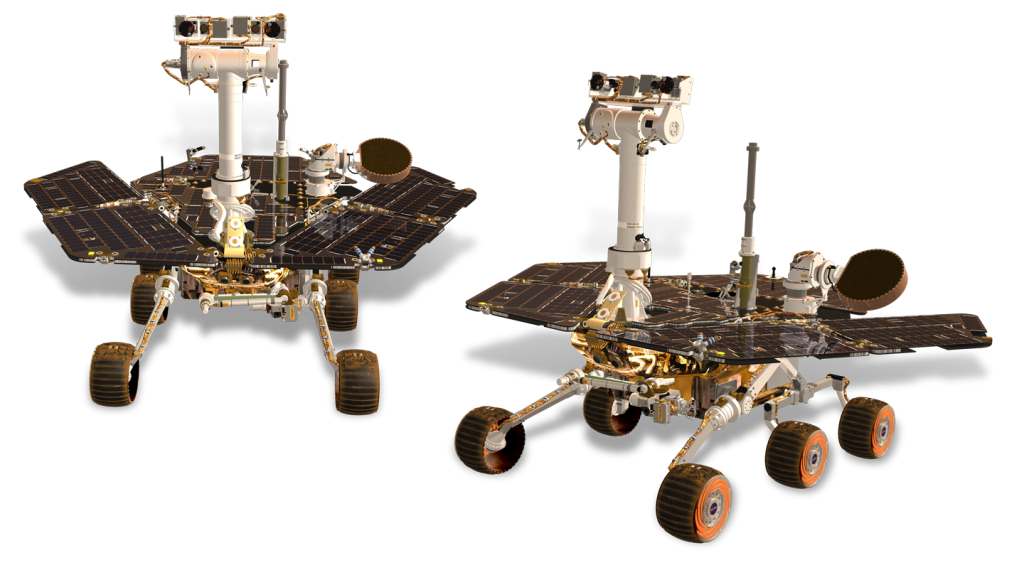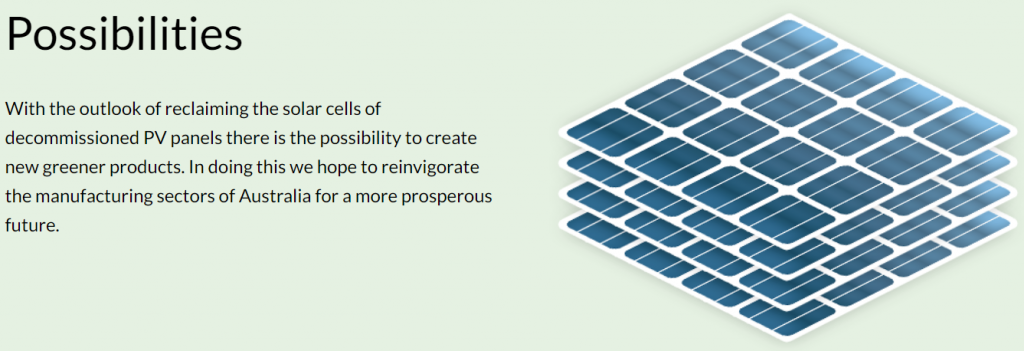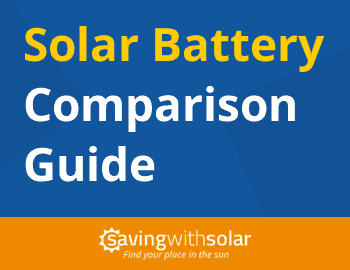Will solar rebates increase the cost of electricity? Yesterday The Australian newspaper published an article titled ‘Households’ $2bn solar hit’ which hypothesises that every Australian household will have to stump up $195 to help subsidise the subsidies. Is this rubbish? What impact does the SRES really have on electricity prices? Let’s read on…
SRES – Will solar rebates increase the cost of electricity?
Ketan Joshi via Renew Economy wrote a great article titled “How a ridiculous falsehood about solar power self-replicated in media”. You can read it on Ketan’s blog (ketanjoshi85) by clicking here. The “$2b solar hit” is a sum which has been basically made up through some extremely shoddy extrapolations.
The article in the Australian was run with by a number of Australia’s most trusted media outlets – News.com.au, 7 News, Sky News, the Today Show, and the consistently atrocious Daily Mail – who titled their article about the rebates thusly:
“Climate change farce: How every Australian household contributes $200 a year to those lucky enough to be able to afford to put solar panels on their roof”
Energy Minister Angus Taylor decided to blame the big electricity retailers:
‘The big cost is the profits being taken by the big energy companies in the wholesale market, without innovation or new products, and it is time for them to deliver a fairer deal for their customers,’ he said.
‘According to the Australian Energy Market Commission, the small-scale technology certificate cost is less than three per cent of the bill, whereas 46 per cent is going to the big generator retailers.’
The Renew Economy article notes that, for FY18 and FY19 respectively, Australians paid/will pay $19 / $32 towards the scheme. This is a stark contrast to the $134 / $195 which was reported. It appears that the figures are so badly skewed for a number of different reasons including the assumption that 100% of electricity costs are passed on from businesses to households. They also haven’t factored in the Small-scale Technology Percentage, which will be set by the Energy Minister in March – and the effect this will have on STCs is quite marked. Installing solar power systems becomes cheaper if the STCs are higher, so you can see how this would have an impact which could be measured erroneously. It’ll be interesting to see how this impacts on solar grants moving forwards.
The Small-scale Renewable Energy Scheme (aka SRES) is scheduled to run until 2030. If you’d like to read more about it please visit the Clean Energy Regulator’s website – where they have plenty of information about the scheme.
We’d also recommend Ketan’s article for a more in depth exploration of the issue.





